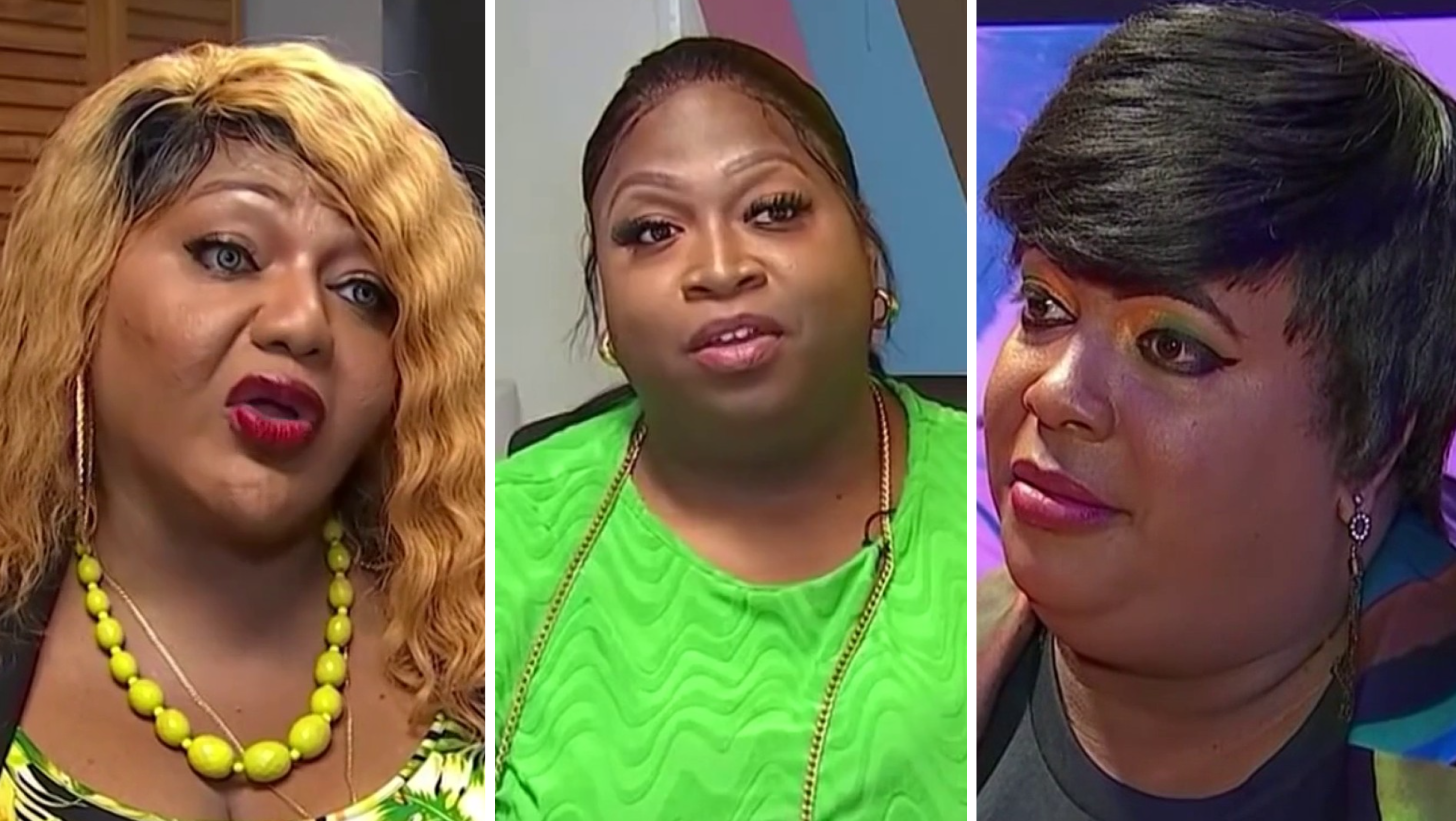Gov. Ron DeSantis said Monday that lawmakers should act before the 2025 regular legislative session to address problems facing condominium associations and owners, including soaring costs.
Suggesting no-interest or low-interest loans to help condo owners being hit with large assessments for such things as repairs, DeSantis said lawmakers before the end of this year can tweak laws passed after the 2021 collapse of the Champlain Towers South condominium building in Surfside that killed 98 people.
Watch NBC6 free wherever you are
The 2025 regular session will start March 4.
“We do need to do something this year,” DeSantis said during an appearance at the Roberto Alonso Community Center in Miami Lakes. “I don't think this is something that you can just put off until next March or April.”
Get local news you need to know to start your day with NBC 6's News Headlines newsletter.
Lawmakers aren’t expected to return to Tallahassee until after the November election, but DeSantis said they need to talk with constituents and develop ideas that can be implemented quickly.
“Let's just be nimble with this. Let's listen to people,” DeSantis said. “Let's make sure they're able to stay in their home.”
Lawmakers will start holding committee meetings in December in advance of the 2025 session. House committees will meet during the week of Dec. 2 to Dec. 6, while Senate committees will meet during the week of Dec. 9 to Dec. 13.
Local
Both chambers will hold meetings during the weeks of Jan. 13 to Jan. 17; Jan. 21 to Jan. 24; Feb. 3 to Feb. 7; Feb. 10 to Feb. 14; and Feb. 17 to Feb. 21.
Lawmakers during a 2022 special session passed a measure aimed at requiring condominium associations to have adequate financial reserves to pay for needed repairs to buildings. Also, the bill set requirements for inspections of condominium buildings that are three stories or higher.
Any “substantial structural deterioration” found by engineers or architects would require more-detailed inspections. Association boards were also required to have “structural integrity reserve” studies to determine how much money should be set aside.
The law, which was signed by DeSantis, was tweaked in 2023, and the Legislature this year passed a measure that targeted wrongdoing by members of association boards.
In addition to the requirements passed by lawmakers, many condo associations are facing soaring property-insurance costs.
Rep. Tom Fabricio, R-Miami Lakes, called the threat of condo owners being priced out of their homes “probably the most important issue in the state of Florida at this time.”
Fabricio, appearing at Monday’s event with DeSantis, said one problem is many condo boards have overly deferred maintenance and now have to impose “excessive” assessments to meet needed costs and reserves.
Fabricio added that the assessments also create issues for people, including seniors on fixed incomes, who are trying to sell their units.
“Unfortunately, what they're seeing is that it's not that easy to sell, because when you try to sell that unit, and you do your seller's disclosure, you have to disclose these assessments and the repairs that are required,” Fabricio said. “So, that's causing issues with the market throughout. So, it’s causing a problem for these seniors.”
On Aug. 16, Senate President Kathleen Passidomo, R-Naples, ruled out a special legislative session before the November election to address condo issues.
In a memorandum to senators, Passidomo said condo laws can be addressed during committee meetings after the elections and during the 2025 regular session. She pointed to what she described as “misconceptions and inaccuracies” about condo laws passed the past several years.
“In my view, no law is perfect. Sometimes issues arise during implementation, and there is often room for improvement,” Passidomo wrote in the memo. “However, the legislative process best serves Floridians when there is analysis, collaboration, and input from all stakeholders. I believe the upcoming committee weeks and regular session following our post-election reorganization provide the best opportunity for this type of dialogue.”



